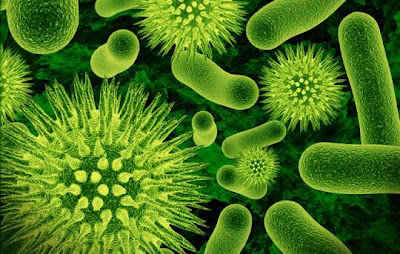Dr. Paul Frymoyer is board-certified in internal medicine and nephrology. He went to Malawi, Africa two years ago to provide medical assistance to the natives. As a nephrologist, the fervent doctor provides critical care for kidney diseases and conditions through efficacious interventions, particularly antibiotic treatment.
 |
| Paul Frymoyer Image Credit: communities.acs.org |
That being said, the New York-based doctor, along with other physicians across different practices, would have been alarmed with the current influx of antimicrobial resistance. Antimicrobial resistance (AMR) happens when microorganisms like bacteria, parasites, and viruses are able to survive exposure to an antibiotic to which they are previously sensitive. AMR is mostly likely due to spontaneous or induced mutation in the DNA of the bacteria and to the transfer of resistant genes from one bacterium to another.
 |
| Paul Frymoyer Image Credit: primrosehill.camden.sch.uk |
Dr. Paul Frymoyer would believe that AMR is the major consequence of misuse or overuse of antibiotics. Simply put, the more people use antibiotics, the more drug resistance they’ll get. Normally, antimicrobial medicines stave off infection either by directly killing microorganisms (bacteriocidal process) or by hampering the growth of microorganisms (bacteriostatic process). The overuse of drugs allows microorganisms to get used to the way antimicrobial medicines work and pick up some drug-fighting actions such as hindering the medicine from reaching its target, changing its target so that antibiotics can no longer distinguish it, and destroying the medicine itself.
 |
| Paul Frymoyer Image Credit: webmd.com |
According to the World Health Organization, approximately 440,ooo cases of AMR, including drug-resistant tuberculosis (XDR-TB), appear each year, accounting for at least 150,ooo deaths.
For more healthcare news courtesy of Dr. Paul Frymoyer, go to this Facebook page.